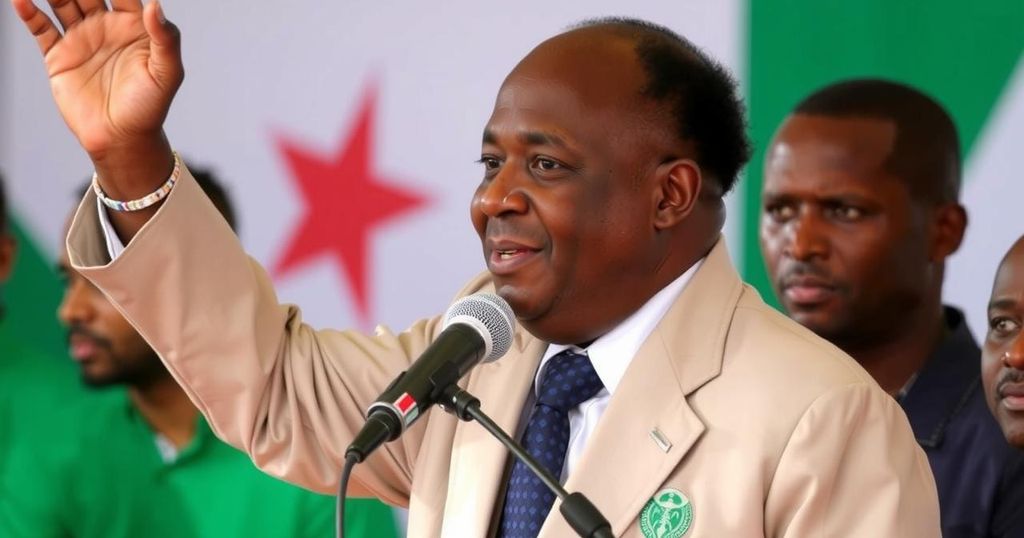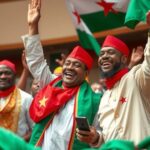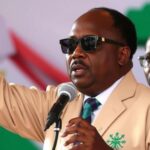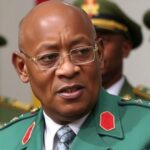Ruling Party Secures Majority in Chad’s Legislative Elections Amid Opposition Boycott
Chad’s ruling Patriotic Salvation Movement won the majority in parliamentary elections boycotted by opposition parties, securing 124 of 188 seats and a turnout of 51.5%. The election was a pivotal aspect of the country’s democratic transition initiated by President Mahamat Idriss Déby. Opposition parties criticized the election process, further complicating the country’s political dynamics.
In the recent parliamentary elections held in Chad, the ruling Patriotic Salvation Movement (MPS) has emerged victorious, securing a decisive majority despite a boycott by numerous opposition parties. Provisional results indicate that the MPS obtained 124 out of 188 seats, reflecting a voter turnout of 51.5 percent. This election marks the first parliamentary contest in over ten years, further entrenching President Mahamat Idriss Déby’s authority following his assumption of power as a military leader in 2021 after the passing of his father, the former president Idriss Déby Itno. The elections also saw a rejection from more than ten opposition parties, who denounced the process as a mere “charade,” casting doubts on the legitimacy of the electoral outcomes. This election is part of the broader transition towards democratization intended to decentralize governance and distribute power more effectively across Chad’s regions.
Chad is currently navigating a complex political landscape defined by security challenges and governance issues. The recent parliamentary elections are seen as an essential phase in the transition to a more democratic system, following the military takeover by Mahamat Idriss Déby after the death of his father, who ruled with an authoritarian grip for over three decades. The opposition’s decision to boycott the elections underscores significant divisions within the political sphere and raises questions regarding the credibility of the electoral process, especially in light of past criticisms regarding previous elections. Additionally, ongoing security threats from groups such as Boko Haram complicate the nation’s stability.
In summary, the decisive victory of the ruling Patriotic Salvation Movement in Chad’s legislative elections, despite a boycott by major opposition parties, consolidates President Mahamat Idriss Déby’s grip on power. The elections, viewed by many in the opposition as lacking legitimacy, further illustrate the challenges faced in the country’s transition towards democracy. As Chad deals with both political unrest and external security threats, the implications of this electoral outcome will continue to unfold.
Original Source: www.rfi.fr








Post Comment